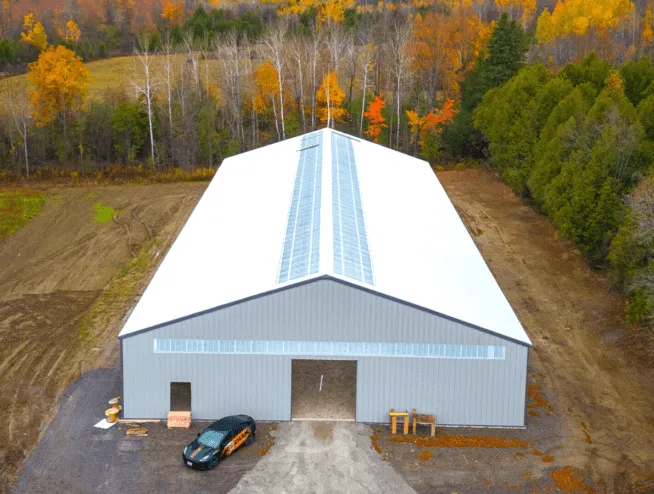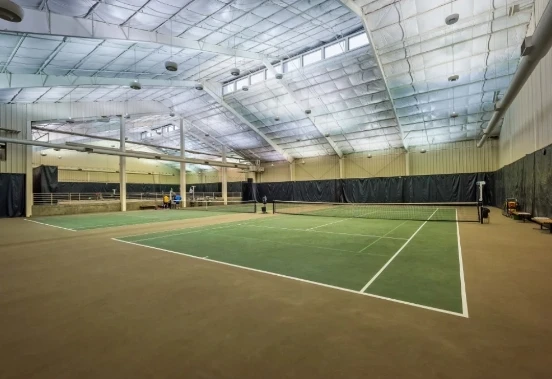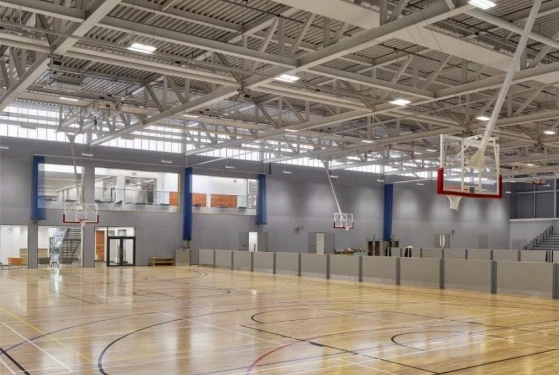- Afrikaans
- Albanian
- Amharic
- Arabic
- Armenian
- Azerbaijani
- Basque
- Belarusian
- Bengali
- Bosnian
- Bulgarian
- Catalan
- Cebuano
- Corsican
- Croatian
- Czech
- Danish
- Dutch
- English
- Esperanto
- Estonian
- Finnish
- French
- Frisian
- Galician
- Georgian
- German
- Greek
- Gujarati
- Haitian Creole
- hausa
- hawaiian
- Hebrew
- Hindi
- Miao
- Hungarian
- Icelandic
- igbo
- Indonesian
- irish
- Italian
- Japanese
- Javanese
- Kannada
- kazakh
- Khmer
- Rwandese
- Korean
- Kurdish
- Kyrgyz
- Lao
- Latin
- Latvian
- Lithuanian
- Luxembourgish
- Macedonian
- Malgashi
- Malay
- Malayalam
- Maltese
- Maori
- Marathi
- Mongolian
- Myanmar
- Nepali
- Norwegian
- Norwegian
- Occitan
- Pashto
- Persian
- Polish
- Portuguese
- Punjabi
- Romanian
- Russian
- Samoan
- Scottish Gaelic
- Serbian
- Sesotho
- Shona
- Sindhi
- Sinhala
- Slovak
- Slovenian
- Somali
- Spanish
- Sundanese
- Swahili
- Swedish
- Tagalog
- Tajik
- Tamil
- Tatar
- Telugu
- Thai
- Turkish
- Turkmen
- Ukrainian
- Urdu
- Uighur
- Uzbek
- Vietnamese
- Welsh
- Bantu
- Yiddish
- Yoruba
- Zulu
Дек . 22, 2024 07:24 Back to list
The Importance of Agricultural Barns in Modern Farming
Agricultural barns have long been a symbol of rural life and farming heritage. These structures serve as essential hubs for various activities related to agriculture, providing shelter and storage for equipment, livestock, and harvested produce. With the evolution of farming practices and technology, the role of barns has adapted, but their significance in modern agriculture remains steadfast.
Historical Perspective
Historically, barns were constructed with locally sourced materials such as wood, stone, and straw. They were designed to withstand the local climate while offering functional space for numerous agricultural activities. Different regions developed unique styles of barns, reflecting the local culture and farming practices. For example, the iconic red barn is a quintessential symbol of American agriculture, originating from the need to protect hay and livestock from harsh winter conditions.
As agriculture evolved, so did the design and purpose of barns. Traditional wooden structures are often replaced or complemented by modern buildings made from steel and other durable materials. These contemporary barns are designed to accommodate larger machinery and provide better climate control, which is vital for both livestock health and product quality.
Functionality in Modern Farming
In today's agricultural landscape, barns serve multiple functions that are critical to efficiency and productivity.
1. Storage Facilities Barns are primarily used for storing farming equipment, tools, and supplies needed for daily operations. They help protect these assets from weather damage and theft.
2. Livestock Housing Many barns are specifically designed to house various types of livestock including cattle, pigs, sheep, and poultry. These structures offer a controlled environment to ensure the health and well-being of the animals, which in turn impacts productivity and profitability.
3. Grain Storage Post-harvest, barns are essential for storing grains and other crops. Proper storage conditions prevent spoilage and pest infestations, ensuring that farmers can sell their produce at optimal times and prices.
agricultural barn

4. Workshops and Processing Areas Many modern barns are equipped with workshops for equipment maintenance and areas for processing crops. This allows for on-site repairs and reduces the need for farmers to transport their products for processing.
5. Event Spaces and Community Engagement In recent years, barns have also become venues for community events, farmer’s markets, and educational programs. This trend reflects a growing interest in sustainable agriculture and local food systems, allowing farmers to connect with the community.
Sustainability and Environmental Impact
As the focus on sustainability increases, the design and operation of agricultural barns are evolving. Farmers are incorporating eco-friendly practices such as solar panels, rainwater harvesting systems, and energy-efficient lighting. These innovations not only help reduce the carbon footprint of farming operations but also decrease overall energy costs.
Furthermore, modern barns often include features that facilitate better waste management practices. Manure management systems can minimize environmental impacts and even convert waste into renewable energy sources, aligning with initiatives aimed at promoting sustainable agriculture.
The Future of Agricultural Barns
The future of agricultural barns is promising, driven by technological advancements and the increasing demand for sustainable farming practices. Innovations such as precision agriculture, data analytics, and smart farming techniques are likely to be integrated into barn operations. For instance, the use of sensors can monitor the climate inside barns, optimizing conditions for livestock and stored crops.
As urbanization continues to encroach upon rural areas, the importance of preserving agricultural barns and the traditions they represent becomes even more critical. These buildings are not just structures; they embody the spirit of agriculture and its pivotal role in societal well-being.
In conclusion, agricultural barns are invaluable assets to the farming community, with their multifaceted roles contributing to operational efficiency, environmental sustainability, and community engagement. As farming continues to evolve, so too will the barn, adapting to meet the needs of future generations while honoring the rich heritage of agriculture.
-
The Rise of Prefabricated Metal Structures in Modern Industry
NewsJul.28,2025
-
The Landscape of Prefabricated Metal Building Solutions
NewsJul.28,2025
-
Analyzing Costs and Pricing Dynamics in Prefabricated Steel and Metal Buildings
NewsJul.28,2025
-
Advance Industrial Infrastructure with Prefabricated Steel Solutions
NewsJul.28,2025
-
Advancing Industrial Infrastructure with Prefabricated Metal Warehousing Solutions
NewsJul.28,2025
-
Advancing Industrial and Commercial Spaces with Prefabricated Steel Solutions
NewsJul.28,2025
Products categories
Our Latest News
We have a professional design team and an excellent production and construction team.












